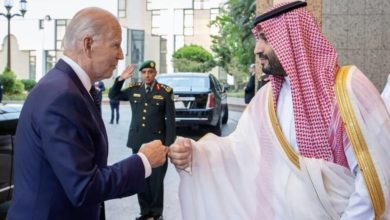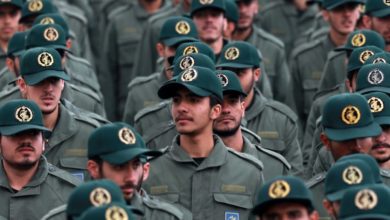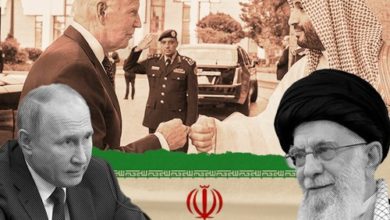With just days left for the Trump administration, Secretary of State Mike Pompeo declared this week that Iran is the “new home base” for al-Qaeda and announced an additional round of sanctions on the country. Pompeo accused the nation of harboring and supporting the terrorist group’s forces, claiming it operated “under the hard shell of the Iranian regime’s protection”. The incoherence and hypocrisy of these claims, which were supported by no evidence, are laid bare upon basic examination of the history of al-Qaeda in relation to both the United States and Iran.
The United States and al-Qaeda: Not always enemies
Al-Qaeda’s very existence is intrinsically connected to U.S. foreign policy. Founded in the late 1980s, al-Qaeda emerged in Afghanistan amid the war against the Afghan socialist government and their Soviet allies. To combat the emergent socialist government’s land reforms and progressive policies, the CIA began funding and arming groups of religious fundamentalists and disgruntled landlords, which included the drafting of religious extremists from neighboring regions to fight in what would become known as the Mujahideen forces. Among the ranks emerged a top CIA asset from Saudi Arabia by the name of Osama Bin Laden. As the Afghan government began to disintegrate, Bin Laden formed al-Qaeda and broke with the United States several years later.
Since World War Two, the United States has made control of the Middle East a top priority in large part because of its vast energy resources. This was the true basis for the so-called War on Terror following the 9/11 attacks. From Syria to Libya to Yemen, the United States has pursued an agenda of destabilization and disruption and frequently found itself back on the same side as al-Qaeda.
Conveniently, the rise and spread of fundamentalist terrorism has proven to be advantageous in achieving this end. The United States has actively supported and funded religious extremist groups including al-Qaeda itself in an attempt to overthrow the government of Syria and to support the genocidal Saudi-led war on Yemen.
Iran an arch-enemy of al-Qaeda
Iran, on the other hand, has been active in fighting against al-Qaeda and its offshoot, the so-called Islamic State, for years. Al-Qaeda emerged in Iraq following the 2003 U.S. invasion of the country and subsequent divide-and-rule colonial occupation designed to foster deep sectarian tensions. Instead of fighting the United States, al-Qaeda in Iraq spent much of its energy fighting against allies of Iran that were resisting the occupation. Iranian and Iranian-backed forces have fought fiercely against al-Nusra Front, the al-Qaeda affiliate in Syria. In Yemen, Iran is supportive of the Houthi movement, which is fighting on the opposite side of the country’s civil war as al-Qaeda.
IS was formed by disaffected al-Qaeda fighters during the Syrian civil war who favored a more aggressive approach of declaring the long-awaited fundamentalist “caliphate” in the territory they controlled. Following decades of war, death, and destruction, the U.S. invasion of Iraq produced a power vacuum in which IS took hold and thrived. As IS grew in strength and scope, Iran reacted quickly by sending troops to combat the spread. In fact, before his assassination by the United States in January of 2020, it was Iranian General Qassem Soleimani, commander of the elite Iranian Quds Force, who earned the reputation of being the principle architect of IS’ defeat. In many ways, the assassination of Soleimani was a victory for both IS and the United States.
Mohammed Marandi, a professor at the University of Tehran, told Liberation News, “It seems that Pompeo is trying to gather support from neoconservatives and Zionists for [the election in] 2024”. Marandi also pointed out that “Biden’s incoming National Security Advisor Jake Sullivan wrote to Clinton on Feb 12, 2012 that al-Qaeda is on the same side with the U.S. in Syria. So it’s clear the real link is between the U.S. and al-Qaeda”.
Not only do these latest accusations reflect the United States’ denial of its own role in creating al-Qaeda, but these flailing last attempts by the Trump administration also reveal its undying commitment towards war-mongering against Iran.





